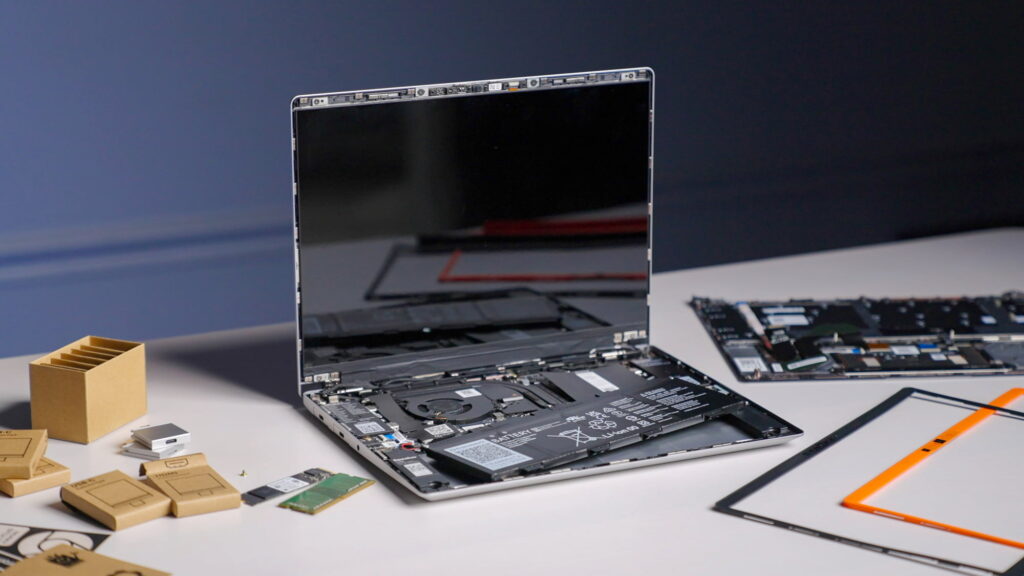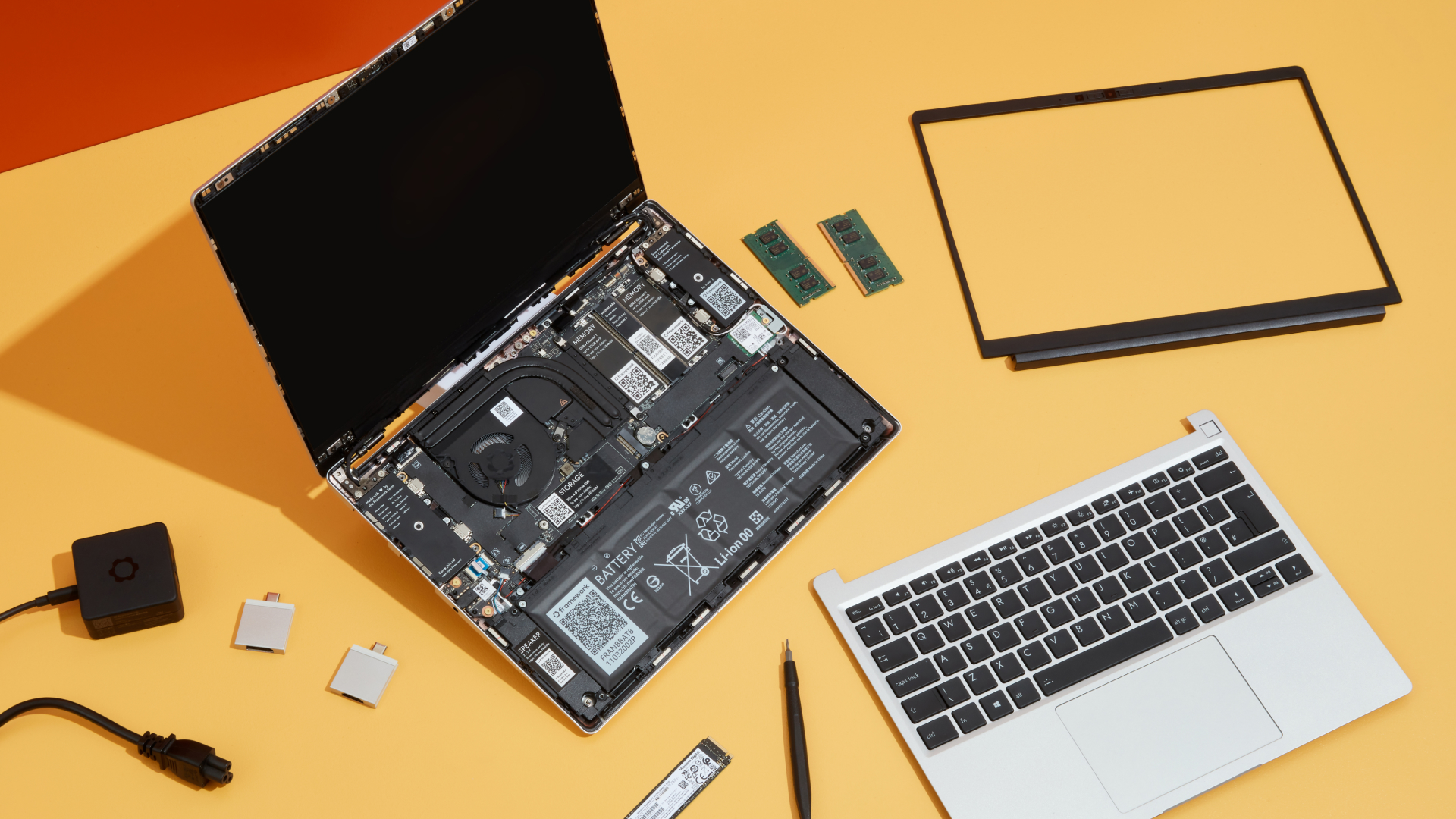
Framework, known for its customizable and eco-friendly laptops, has temporarily stopped selling some of its cheapest models in the United States, citing the new tariffs imposed on imports from Taiwan under the Trump administration. The company’s decision to pause sales of its lower-end Framework Laptop 13 systems has sparked discussions on how tariffs are affecting the tech industry, forcing companies to reconsider pricing and availability of their products.

Framework’s Struggle with Tariffs
In a statement posted on X (formerly Twitter), Framework explained that it had initially priced its laptops when tariffs on imports from Taiwan were set to 0%. However, the situation changed with the introduction of a 10% tariff on April 5, 2025. This increase in import costs has made it financially unfeasible for the company to continue selling its lower-end laptop models without incurring a loss.
“We priced our laptops when tariffs on imports from Taiwan were 0%,” the company explained. “At a 10% tariff, we would have to sell the lowest-end SKUs at a loss.” As a result, Framework has temporarily removed the affected models, including the Ultra 5 125H and Ryzen 5 7640U versions of the Framework Laptop 13, from its website. These models, which are part of the company’s entry-level offering, are the ones most impacted by the new tariff rates.
A Widespread Issue: How Other Companies Are Responding
Framework isn’t the only company to be impacted by these tariffs. Other tech giants and consumer goods manufacturers are facing similar challenges. Many have had to make difficult decisions about raising prices or adjusting their product offerings in the U.S. market. Framework, however, has been particularly open about the issue, sharing its reasoning with customers and the public, which is not always the case for other companies in the industry.

“We’ve taken the same actions as other consumer goods makers, though most have not been open about it,” Framework added in their statement. This transparency has highlighted the broader implications of the tariffs, showing that the effects extend far beyond just one company.
Tariffs Impacting the Tech Industry
The introduction of these tariffs is having significant repercussions across various sectors, particularly in the tech industry. Nintendo, for example, delayed U.S. preorders for its Switch 2 console, citing similar concerns about the tariff increase. The tech giant stated that the higher import costs would make it difficult to offer the new console at a competitive price.
The impact isn’t limited to tech companies either. Automobile manufacturer Jaguar Land Rover also paused shipments to the U.S. in April 2025 to reassess its strategy, indicating that tariffs are causing disruption across multiple industries. Companies are being forced to rethink their pricing strategies, leading to delays and alterations in how products are delivered to the U.S. market.

Framework’s Response and Future Plans
Framework has made it clear that its decision to halt sales is temporary, as it seeks to find ways to mitigate the financial impact of the tariffs. The company is working on potential solutions that could allow them to resume sales at a price point that does not force them to sell at a loss. This pause, while inconvenient for consumers, reflects the broader challenges that tech companies are facing due to the shifting economic landscape.
For now, Framework’s customers will have to wait to purchase some of the company’s most affordable laptop models. However, the company’s commitment to transparency and sustainability remains a central focus, and it is clear that Framework is taking the necessary steps to adapt to the changing market conditions.
